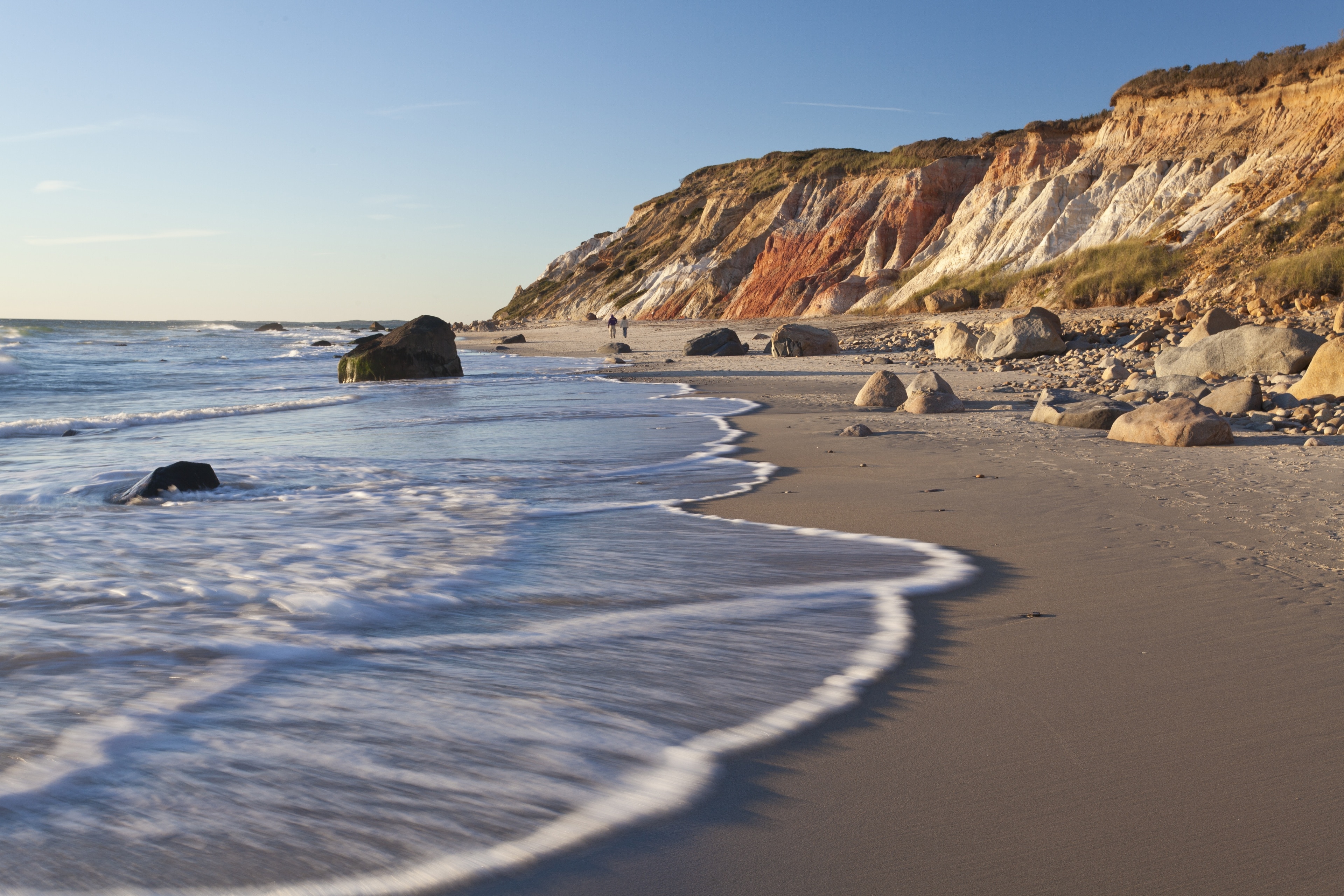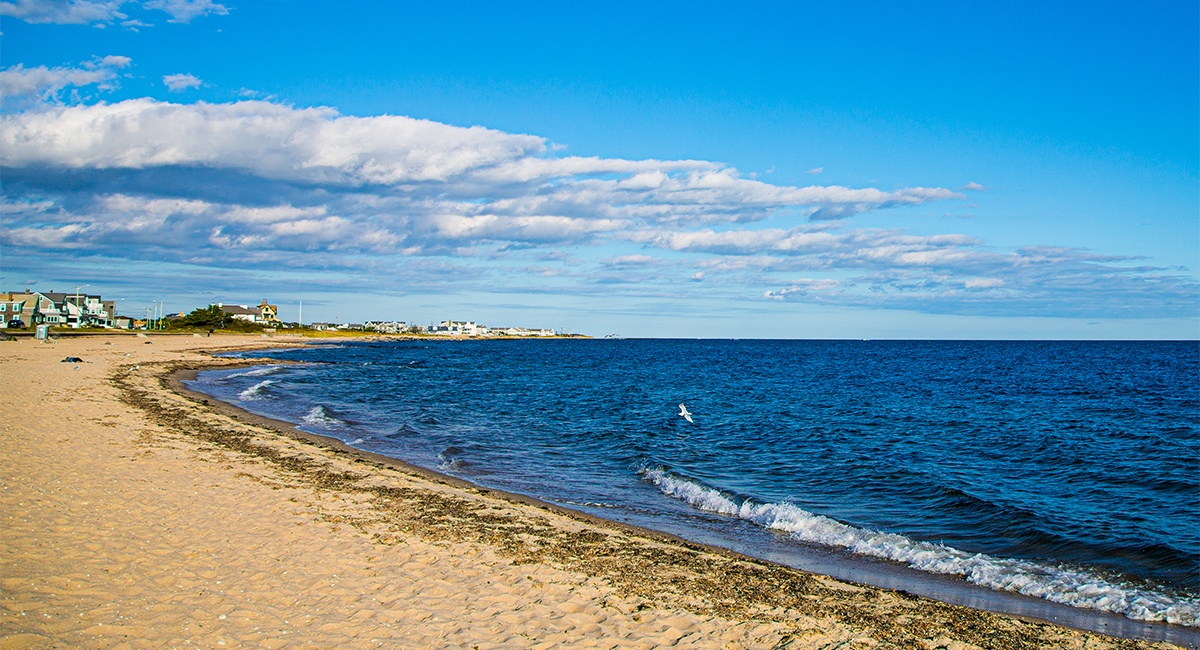Impact of Massachusetts Beach Closures on Tourism Industry: Massachusetts Beaches Closed

Massachusetts beaches closed – The closure of Massachusetts beaches has had a significant impact on the state’s tourism industry. In 2021, the beaches attracted over 12 million visitors, generating an estimated $2.3 billion in revenue. With the beaches closed, businesses that rely on tourism have suffered significant financial losses.
The sandy shores of Massachusetts beaches remain deserted, their usual summer buzz replaced by an eerie silence. As the sun dips below the horizon, casting long shadows across the desolate sands, one can’t help but wonder about the fate of other coastal establishments.
News of Saks acquiring Neiman Marcus offers a glimmer of hope amidst the economic gloom, reminding us that even in times of adversity, the tides of change continue to reshape our world. Yet, as the waves gently lap at the closed beaches, we are left with a poignant reminder of the fragility of our summer traditions and the resilience of our coastal communities.
A survey conducted by the Massachusetts Lodging Association found that 75% of hotels reported a decline in occupancy rates of more than 50% since the beaches closed. Restaurants and other businesses that cater to tourists have also seen a sharp decline in sales.
Long-Term Consequences
The long-term consequences of the beach closures are still uncertain. However, some experts believe that the closures could have a lasting impact on the state’s tourism industry. If tourists begin to associate Massachusetts with closed beaches, they may be less likely to visit in the future.
The closures could also lead to a decline in property values in coastal communities. Many people who buy homes in these communities do so because of the proximity to the beach. If the beaches are closed, the value of these homes could decline.
Environmental Factors Contributing to Beach Closures

The closure of Massachusetts beaches can be attributed to various environmental factors that compromise water quality and safety for beachgoers. These factors include pollution, harmful algal blooms (HABs), and coastal erosion.
Pollution, Massachusetts beaches closed
Water pollution is a significant contributor to beach closures, primarily caused by untreated or inadequately treated sewage and stormwater runoff. These contaminants introduce harmful bacteria and pathogens into coastal waters, posing health risks to swimmers and other water users.
Harmful Algal Blooms (HABs)
HABs are dense concentrations of microscopic algae that can produce toxins harmful to humans and marine life. Red tide, a common HAB in Massachusetts, can cause respiratory irritation, skin rashes, and gastrointestinal problems.
Coastal Erosion
Coastal erosion, exacerbated by rising sea levels and storms, can result in the loss of sand and narrowing of beaches. This erosion can increase the risk of flooding and contaminate coastal waters with sediment and debris.
Measures to Address Environmental Issues
To mitigate these environmental issues, various measures have been implemented, including:
- Upgrading wastewater treatment facilities to reduce pollution.
- Implementing stormwater management practices to control runoff.
- Monitoring water quality and issuing beach advisories when necessary.
- Conducting beach cleanups and restoration projects.
- Implementing erosion control measures, such as beach nourishment and dune restoration.
Public Health and Safety Concerns

Massachusetts beach closures aim to protect public health and safety by preventing exposure to contaminated water. Swimming in contaminated water poses significant health risks, including infections and illnesses caused by bacteria, viruses, and parasites.
To ensure public safety, water quality monitoring protocols are implemented. Water samples are regularly collected and analyzed for indicators of contamination, such as fecal coliform bacteria. If water quality standards are not met, beach closures are enacted to prevent potential health hazards.
Role of Local Authorities
Local authorities play a crucial role in communicating beach closure information to the public. They issue timely notifications through various channels, including website updates, social media announcements, and signage at beach entrances. These notifications inform the public about the closure status, reasons for the closure, and estimated reopening times.
The sun-kissed shores of Massachusetts lie vacant, their sandy havens now deserted as the cruel grip of summer wanes. But amidst this coastal solitude, a ripple of excitement stirs. Saks Fifth Avenue, the iconic department store, has acquired its esteemed rival Neiman Marcus, marking a seismic shift in the retail landscape.
As the leaves turn golden and the ocean breeze whispers tales of change, the sands of Massachusetts beaches may yet bear witness to a resurgence of vibrant activity.